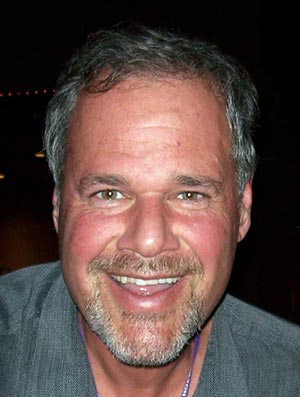Going Deeper into Forgiveness

I learned a long time ago that holding onto resentment and grudges only keeps me in a state of upset, and doesn’t really accomplish any justice or accountability in the person who triggered me. Coming from a long line of judges, it’s an automatic reaction for me to judge the attitudes and behaviors of others. Having a mindfulness practice has enabled me to see that my judgments are usually a projection of something I don’t like in myself. When I catch myself judging, I release the judgment as quick as possible, and look inside myself to see what’s really going on with me, instead of mentally damning the other person. The other person is just another human being like me; imperfect, and prone to making human mistakes. Whatever they did, I have probably done, and might inadvertently do in the future. The harshly judged part of me (the shamed, one-down inferior part) that wants exoneration, judges others in an attempt to feel superior. As Christiane Northrup said, “Holding a grudge and not forgiving someone is like taking poison, and hoping the other person will die.” Forgiveness isn’t always easy, but it is a huge part of healing and letting go…
When I judge others, it’s usually a silent mental exercise, as I value keeping my anger in check. When anger gets out of hand, it can be ugly and cause serious consequences. I want to keep cool, unless the situation calls for a real response. When I’m irritated by someone, my inner dialogue goes something like: “You ass, SOB, etc. You are so stupid, insensitive, selfish, egotistic, etc”. It’s a “you, you, you” projection of all the things that I was judged for growing up. Hey, it’s a judgmental world. We want to blame someone or something for all that’s wrong in life. It’s easier to blame others than take responsibility for our own traits, attitudes, mistakes, and imperfections.
Not too long ago, while awakening in that half-wake state between dreaming and getting up, I had a realization. I saw that when I judge others with my “You, you, you” internal dialogue, it somehow comes back to a judgment of myself. It’s very reminiscent of my old self-talk, which I still occasionally catch and release. In the past, I used to berate my self for every mistake I made. My inner critic is quite harsh. The self-talk was the same “you, you, you” routine I used to judge others. “You’re so, clumsy, stupid, hopeless, worthless, bad, etc”. Repeated enough, these judgments become “I am” statements like “I am so stupid”, “I am so worthless”, “I am so___________” (use your own imagination to fill in how you label yourself when you judge yourself). In Judeo-Christian spiritual traditions, “I AM” is the name of God. The lesson is that every “I AM” is a declaration; a self-fulfilling creative prophesy. The realization that when I use “YOU” in my self-talk, it’s really about “I”, and “Me”. In self-talk, there’s a relationship between you, me, my self, and I.
In Oneness philosophy, we are all different cells in the body of God. We are all the same (despite our differences). We are all in this life together, and we are all connected by our humanity, and mammalian nervous systems (“mirror neurons”, empathy, compassion). What clicked in my realization was that when I judge you, I am also judging myself. My judgments are a reflection of how I relate to myself. If I want unconditional self-love, acceptance, and forgiveness, I must stop my judgments and offer love, acceptance and forgiveness to “you, you, you”. What goes around comes around. The love you get is equal to the love you give. The law of karma.
If I hold a grudge or judgment against other “yous”, then I am somehow holding a grudge against my self (me). I can’t forgive myself without forgiving others, and I can’t forgive others without forgiving myself. I can’t love myself without loving you, and I can’t love you without loving myself. All forgiveness is self-forgiveness.
It’s normal and ok to get angry. Anger is a primary emotion, hard-wired into our nervous system like the other primary emotions. It’s ok to hold others accountable and responsible for their bad behaviors. Forgiveness doesn’t mean we let others off the hook for serious violations. We have to trust that God, the legal system, or the law of karma will provide justice. To not forgive keeps the pain and hurt alive. Forgiveness is letting go of harboring your pain and hurt. It’s not easy, but it’s something you learn to do for yourself, so that you aren’t burdened any more by it. Forgiveness and letting go are processes, not one-time rituals. It takes time. If you work at it, then in time you will heal. That’s the meaning of “time heals”. Time by itself does not heal. There are plenty of people who stay miserable for a lifetime, clinging to their judgments and grudges. Sometimes these judgments and grudges are multi-generational. They get passed down from parents to children, ad infinitim. They cause wars, hatred, prejudice, genocide, turmoil and untold suffering.
We have free will and free choice. Holding on to grudges and resentment is tempting. Our unresolved wounds and traumas make it very easy to stay in a state of self-righteous indignation and blame. It’s taken me decades to see that by staying there, I am only hurting myself. I choose forgiveness, and am faced with this choice every time something triggers me, which is more often than I want to admit…
Other Articles...
"Does Anybody Really Care What’s Going On Inside Your Mind?"